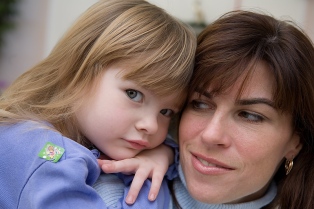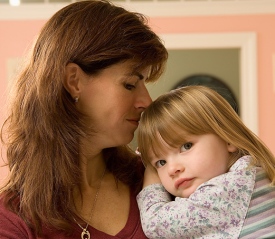A version of this article is on Dr. Robyn’s Powerful Parenting Blog for parents who attend your schools and use the Powerful Words Character System to help their children thrive. This blog is a free service of Powerful Words Character Development.
Because it’s Self Reliance month for Powerful Words, it’s important that we provide children with opportunities to show self reliance at our schools. Perhaps they have been relying on their parents (or their teachers?) to do some things that they can do on their own. What are these things?
Are they able to:
- Pack their own bags for class?
- Remember all their equipment?
- Do their own Powerful Words projects?
- Hand in their Powerful Words projects?
- Hang up their own jackets?
- Tie their own shoes?
- Get ready for your class on their own?
- Stay quiet before class without being reminded?
- Work on their skills in class responsibly even when your back is turned?
- Lead the class in stretching or skills?
- Practice for class, a test, or an event?
- Clean up after themselves?
- Remember all their stuff when they leave their school
Encourage your students to take some time to ask themselves; “how have I shown self reliance today?” It’s this kind of focus and questioning that will help them to take a hard look at their behaviors, take some risks, make some changes, and become more self reliant in the long run.
We’d love to hear how your students are showing self reliance at your schools. Tell us about it!
Filed under: Character Development Related, Dr. Robyn Info, parents | Tagged: Character Queen, children, Dr. Robyn Silverman, education, Families, parents, school, Self Reliance, teaching | 3 Comments »





